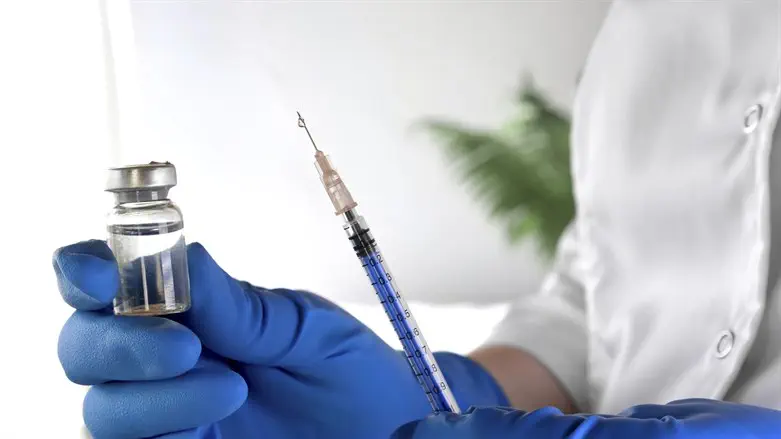Kennedy Administration Dissolves Federal Vaccine Advisory Committee, Promises 'Fresh Start' on Public Trust

In a move that has sent ripples through the healthcare community, U.S. Health Secretary Robert F. Kennedy Jr. has announced the dissolution of the entire federal vaccine advisory committee. Citing widespread and irreconcilable conflicts of interest among its members, Kennedy Jr. pledged to rebuild public trust in the nation's vaccine policies and initiate a complete overhaul of the advisory process.
The decision, made public earlier today, follows months of growing scrutiny regarding the committee's composition and potential biases. Critics have long argued that certain members had financial ties to pharmaceutical companies, raising concerns about the objectivity of their recommendations. While the committee always maintained its independence, the sheer number of identified conflicts ultimately led Kennedy Jr. to conclude that a complete reset was necessary.
“The American people deserve to have complete confidence in the advice they receive regarding their health and the health of their families,” Kennedy Jr. stated in a press conference. “The current advisory committee, while comprised of dedicated individuals, presented an unavoidable perception of bias. To restore faith and ensure transparency, we are dismantling the existing structure and will be building a new committee from the ground up.”
What's Next?
The Health Secretary outlined a plan to establish a new advisory committee with a renewed focus on transparency and impartiality. Key changes will include:
- Stricter Conflict of Interest Guidelines: New, more stringent rules will be implemented to disqualify individuals with significant financial ties to the pharmaceutical industry or related sectors.
- Expanded Representation: The new committee will strive for broader representation, including experts in public health, immunology, epidemiology, and even ethicists and community leaders.
- Public Disclosure: All committee members' financial disclosures and potential conflicts of interest will be made publicly available.
- Increased Public Input: Kennedy Jr. emphasized the importance of incorporating public feedback into the vaccine advisory process, potentially through town halls, online forums, and other engagement mechanisms.
Reactions and Concerns
The announcement has been met with mixed reactions. Public health experts have largely praised Kennedy Jr.'s commitment to transparency, while some express concern about the potential disruption to ongoing vaccine research and policy development. Others worry about the speed with which the new committee will be formed and whether it will be adequately staffed and resourced.
“While the concerns about conflicts of interest were legitimate, the abrupt dissolution of the committee could create a vacuum in vaccine advisory expertise,” noted Dr. Emily Carter, a leading epidemiologist at the University of Toronto. “It’s crucial that the new committee is assembled quickly and effectively to ensure continued progress in protecting public health.”
The Broader Context
This decision comes at a time when vaccine confidence remains a significant challenge in the United States. Misinformation and distrust surrounding vaccines have contributed to declining vaccination rates in some areas, increasing the risk of preventable diseases. Kennedy Jr.'s efforts to rebuild public trust are seen as a critical step in addressing this issue.
The Kennedy administration’s move signals a significant shift in the approach to vaccine policy and a renewed commitment to addressing public concerns. The formation of the new advisory committee will be closely watched by healthcare professionals, policymakers, and the public alike.






